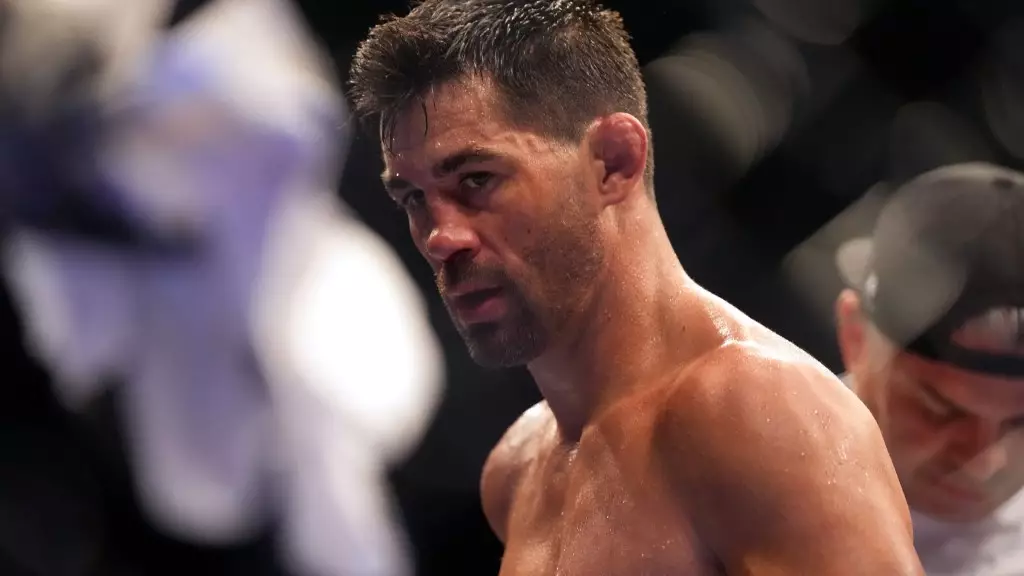In the world of Mixed Martial Arts (MMA), the rivalry often intensifies beyond the competition, creating deeply personal narratives that endure even after the fighters hang up their gloves. Recently, former UFC bantamweight champion Dominick Cruz found himself reflecting on his career and relationships in the sport after making the difficult decision to retire due to a persistent shoulder injury. Cruz’s story not only highlights the physical challenges athletes face but also uncovers unexpected camaraderie among competitors who seem worlds apart, such as his surprising connection with T.J. Dillashaw.
Cruz, with an impressive record of 24 wins and only 4 losses in MMA, is known for his resilience and tactical prowess inside the cage. However, chronic injuries can champion a previously unstoppable force into a corner. His recent battle with shoulder issues ultimately led to his withdrawal from a scheduled fight against Rob Font, symbolizing the end of an era. Such physical setbacks are not uncommon in high-contact sports, where the toll on the body accumulates over time. The decision to retire is often as emotionally taxing as it is a physical one, resonating deeply with fighters who must face the reality that their bodies may no longer allow them to compete at the highest level.
Cruz’s interaction with Dillashaw is emblematic of how professional athletes can forge connections even in the aftermath of intense rivalries. While Cruz bested Dillashaw in a 2016 title fight, their relationship evolved against a backdrop of mutual respect. Dillashaw’s gesture of reaching out to Cruz, sharing valuable medical advice, and expressing regret over Cruz’s inability to continue competing is a reminder that even the fiercest opponents can appreciate each other’s struggles. These moments of compassion transcend the aggression typically expected in combat sports and reveal a softer side of fighters who understand the unique burdens their peers carry.
Cruz made headlines not just for his achievements but also for acknowledging other notable fighters who reached out to support him during this challenging transition. With figures such as Urijah Faber and Formula 1 driver Danny Ricciardo also sharing their experiences with injury and retirement, it’s clear that the mental and emotional aspects of leaving a sport can be universal. In professional sports, shared experiences often create a bond among athletes that can lead to powerful connections and mutual understanding. Cruz expressed a sense of solidarity with those who have faced similar crossroads, emphasizing the need for support within the sporting community.
As Dominick Cruz embarks on the next chapter of his life, his story is a poignant reminder of the personal battles athletes face away from the spotlight. Injuries may retire a fighter from the Octagon, but they cannot diminish the resilience and grit that characterize the spirit of a champion. The goodwill shown by past rivals like Dillashaw underscores the fact that in the world of combat sports, the fight extends beyond physical confrontations, delving into the realms of empathy, respect, and an understanding that all athletes share a common journey—one filled with triumphs, setbacks, and ultimately, the remarkable strength to move forward.

